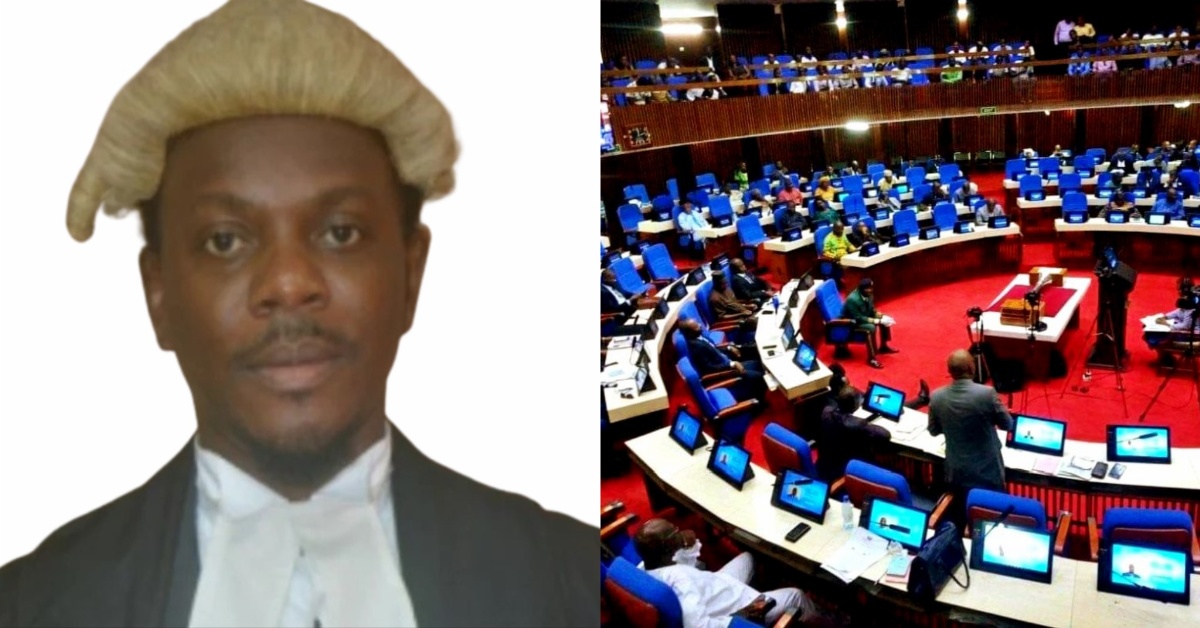In a recent revelation by “GBLA TV ONLINE,” alarming allegations of widespread nepotism within the parliament of Sierra Leone have come to light, focusing attention on Paran Tarawalie, the current Clerk of the Sierra Leone Parliament.
Tarawalie stands accused of orchestrating the unilateral dismissal of more than one hundred qualified civil servants from the Northwestern regions employed within the Parliament of Sierra Leone.
Citing the Constitution of Sierra Leone (Sec. 7), which guarantees every citizen the right to engage in economic activities without prejudice, the reported actions of the Clerk, if substantiated, raise serious constitutional concerns. Unilateral dismissals without due process contradict established norms and principles, potentially violating constitutional rights.
Of particular concern is the alleged replacement of these dismissed civil servants with individuals perceived as loyalists to the SLPP, possessing party affiliations, and hailing from the Southeastern region. This perceived favoritism deepens suspicions of nepotistic practices within the governmental framework.
Nepotism, defined as preferential treatment for family members or close associates, undermines the merit-based selection process crucial for public service roles. The issue extends beyond the dismissal of competent professionals; it potentially compromises the efficiency and effectiveness of parliamentary operations.
The disproportionate representation of Southeastern appointees among the replacements raises concerns about equitable opportunities and resource distribution across the nation. Such practices can exacerbate regional imbalances, fostering feelings of exclusion among citizens from other regions.
The repercussions of these allegations stretch beyond the affected individuals, signaling a broader worry about institutional integrity, adherence to constitutional principles, and transparent governance. The Clerk’s pivotal role as a custodian of parliamentary procedures adds weight to these allegations.
Urgent and thorough investigations are necessary to verify the accuracy of these claims. Should they be substantiated, corrective actions must rectify any constitutional breaches. Upholding public trust in government institutions is vital for a healthy democracy; any actions undermining this trust demand immediate attention and resolution.


 1 Comment
1 Comment









Comment(s)
Disclaimer: Comments expressed here do not reflect the opinions of Sierraloaded or any employee thereof.